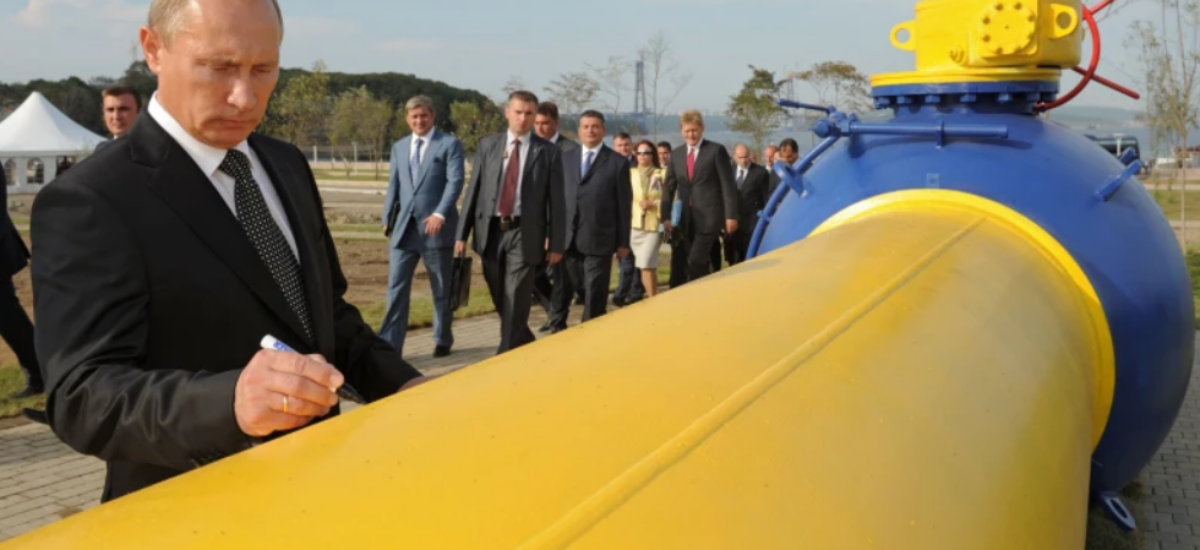Photo Courtesy Foreign Policy
How effective are economic sanctions?
With history as a paradigm, we can indisputably conclude that economic sanctions have not always proven to be effective in quelling belligerence. Just over 80 years ago, Japan attacked the US naval base Pearl Harbour (1941) as retaliation against the US government’s embargo of oil and gasoline exports to Japan, their trade partner.
In the trepidation of Russia’s invasion of Ukraine we are compelled to doubt the efficacy of the economic sanctions placed by Europe and NATO on the Kremlin. The sanctions are prompting President Putin to take dangerously damaging retaliatory actions against Europe. Acknowledging that Moscow holds the monopoly over gas and energy, President Putin has adopted a policy of placing a few sanctions of his own on Europe by switching off the gas supply to Europe, until the collective West lifts their punitive sanctions against Moscow.
Russia is holding the winning hand of cards; Gazprom (Russia’s state run multinational energy corporation) halted gas supplies to Europe through Nord Stream 1, the key pipeline that pumps gas to Europe through Germany via the Baltic sea. The Kremlin used its energy exports as a weapon moments after the G7 nations announced that they would impose a price cap on Russian oil exports.
Is it possible that European support for Ukraine is becoming too costly to sustain?
The most feasible way out of this predicament is to coerce Moscow into a ceasefire while dropping EU support for Ukraine and abandoning the sanctions against Russia to ease the economic burden on Europe. However this is not a solution that has been tabled. Europe’s economy is palpably affected by Russia’s retaliatory measures, so much so that JP Morgan, Deutsche Bank, Zurich Insurance and other major European banks are experiencing set backs as Moscow chokes energy supplies. French president Emmanuel Macron has entered his country into a period of energy sobriety where large firms are tasked with trimming their energy usage by 10% or face forced rationing of electricity and gas. Energy markets are a highly integrated network and a disruption in Europe will have calamitous domino effects.
As the coming months usher in winter, is the solution for Europe to stockpile gas? It will undoubtedly take no less than 5 to 10 years for Europe to replace Russian energy with supplies from the US and Qatar and therefore the EU is filling its energy inventories for the winter. Conclusively, it is near impossible to see Russia bereft of profits in this entire drama. Seeing the desperate necessity for gas and energy in Europe, if Moscow should resume gas flow, it would do so in a way that would maximize and escalate its profits.


